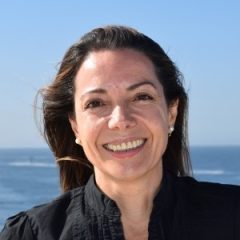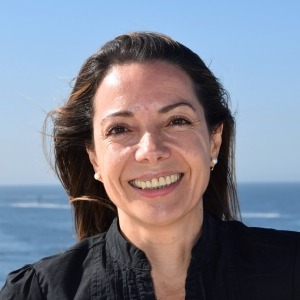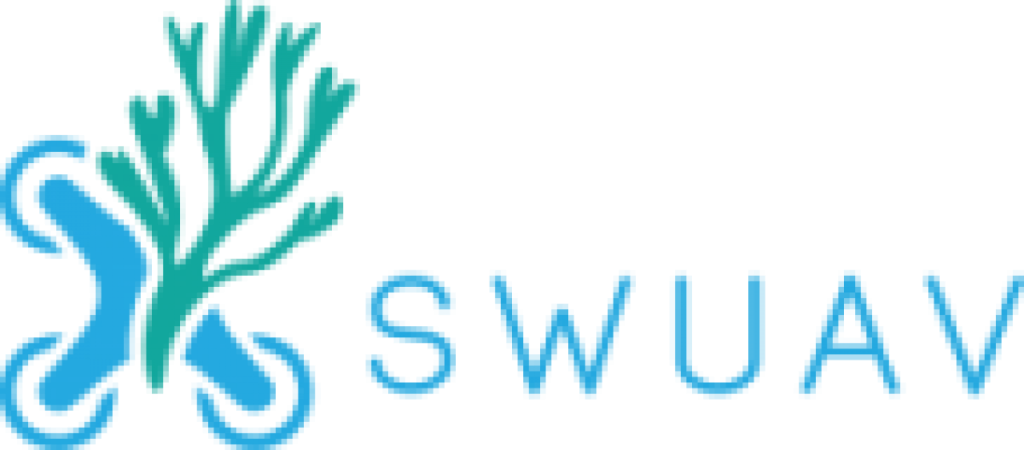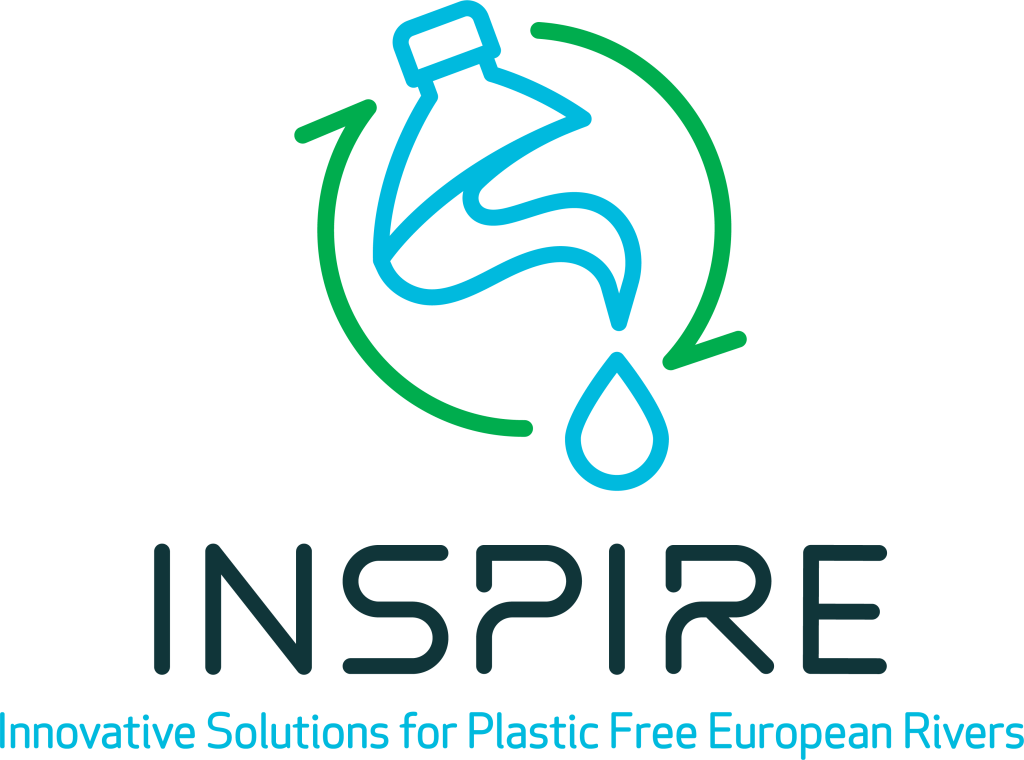Aquaculture is a strategic sector to ensure global food security while promoting health and socioeconomic welfare and reducing poverty through employment. To support the increasing demand for seafood, aquaculture will need to grow as capture fisheries production has already stagnated. However, to achieve this blue growth and meet the UN2030 sustainable development goals (2030Agenda), aquaculture has to adopt environmentally, economically, and socially sustainable integrated actions. For that purpose, ensuring sustainable feeds is of pivotal importance. For that, aquafeeds have to limit the reliance on feedstuffs with high environmental and economic impact, like fisheries and agriculture feedstuffs and adopt novel nutritional strategies, such as using functional additives, to improve fish health and well-being while preventing diseases and antibiotics or chemotherapeutics use. This opens new market opportunities for innovative commodities development (feedstuffs and functional additives) for aquafeeds by the valorization of locally produced underutilized biomass with little or no use as human food. The use of biotechnological processes (such as microbial fermentation) is a promising novel strategy to achieve this goal.
Valorizing macroalgae as new feedstuffs and functional additives is of high practical interest within the principles of land resources pressure reduction and climate change tackling within the blue bioeconomy context. Macroalgae production is increasing in Europe as an environmentally sustainable strategy for carbon sinking but is still undervalued and inefficiently used. Macroalgae have low protein content and are rich in anti-nutritional factors (namely non-starch polysaccharides, NSP), which are key factors when considering feedstuffs use for carnivorous fish diets due to their high protein requirements and no capacity for NSP digestion. Solid-State Fermentation (SSF) and Submerged Fermentation (SmF) with microorganisms (fungi and bacteria) are two low-cost eco-biorefinery technologies with the potential of being applied to macroalgae as strategies to improve their nutritional value by increasing protein content and nutrients digestibility. SSF and SmF may also be directed to maximize the production and release of macroalgae compounds with functional properties, such as NSP-hydrolytic enzymes, antimicrobial, antioxidants, and immunomodulators compounds). These compounds have a high potential for application in aquafeed as functional ingredients to boost fish performance, nutrient digestibility, and immunological or oxidative status and disease resistance. Aquafeed incorporating these innovative fermented microalgae-based products will support aquaculture sustainability and the blue economy.
MB4Aqua project aims to unlock the full potential of macroalgae as a valuable feed resource. By applying innovative biotechnological processes based on SmF and SSF, MB4Aqua seeks to increase the use of macroalgae-based products in aquafeed as 1) nutrient-enhanced feedstuffs and 2) functional additives rich in enzymatic and health-boosting proprieties to be incorporated in aquafeeds. To guarantee the adequacy of these new products to maximize fish performance, feed utilization, stress, and health resilience, these novel products will be firstly assessed using an in vitro approach (screening of products and fine-tuning choices) followed by in vivo validation using as a biological model, the European seabass (Dicentrarchus labrax), a carnivorous fish that plays a significant role in the European aquaculture. Using a holistic approach, MB4Aqua will focus on the biochemical and functional characterization of the innovative macroalgae-based products; zootechnic performance; nutrients digestibility, intestinal function; microbiota modulation; oxidative and inflammatory status, and bacterial disease resistance.
MB4Aqua takes advantage of the international and multidisciplinary cooperation synergies between Matís (Iceland) and CEB regarding SmF and SSF biotechnological processes, and CIIMAR expertise in fish nutrition and aquaculture to develop new patentable add-value macroalgae products for the aquaculture industry. This will strengthen our groups’ cooperation and open new research possibilities, promoting innovation and knowledge transfer. MB4Aqua will ensure the acquired knowledge transfer and dissemination activities will support open science and stakeholder and public engagement.
Overall, MB4Aqua will contribute to a low-carbon, circular blue economy (United Nations Sustainable Development Goal, SDG 12) and to provide a high-quality food for human consumption (SDG1 and 2) by maximizing fish production through the development of ecofriendly aquafeeds, with reduced environmental impacts (SDG14) and contributing to decarbonization (SDG13). It will also create new employment opportunities and income for coastal rural communities (SDG8) that may become engaged in seaweeds collection and macroalgae production.











